"Making films means taking a risk"
17.02.2023 | "The Teachers' Lounge" at the Berlinale
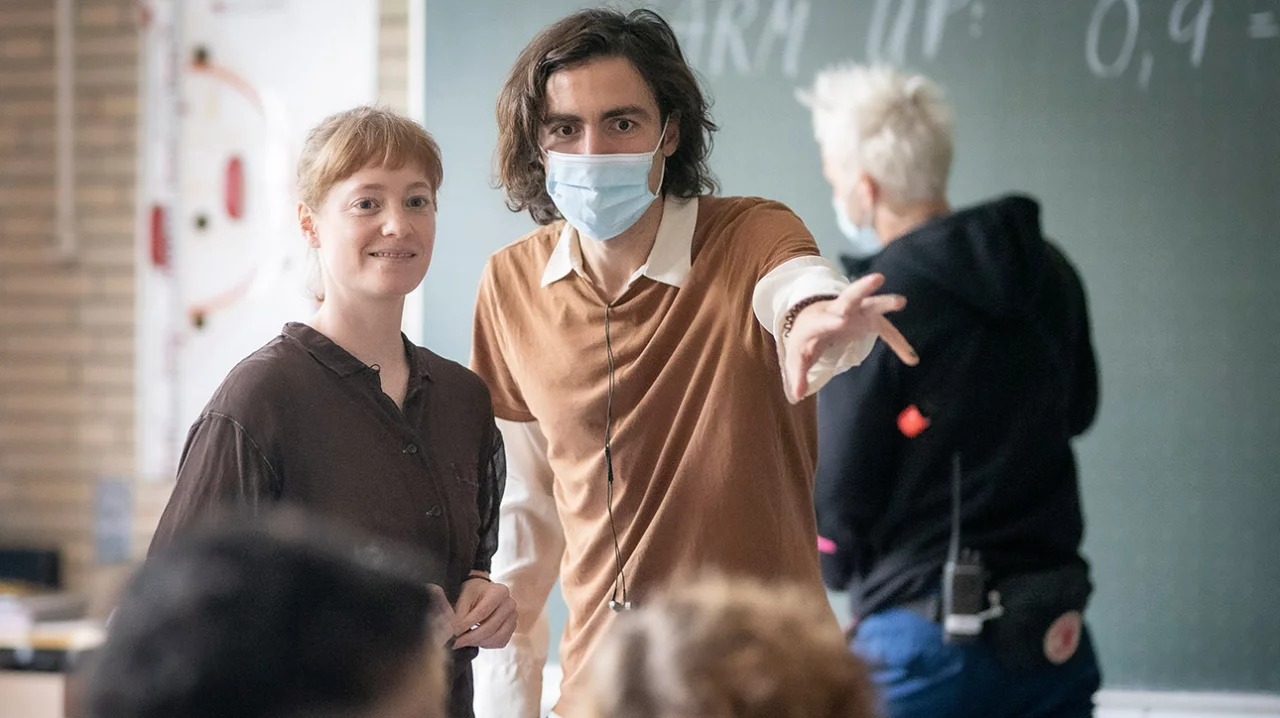
School is a highly explosive topic, and not just for parents of school-age children. İlker Çatak has made a film about the microcosm of The Teachers' Lounge and school in the broadest sense. The award-winning Director, who once completed his Master's degree at Hamburg Media School, sees school as a mirror of our society. Ahead of the world premiere of the MOIN-funded drama on 18 February at the Berlinale, we spoke to İlker about his film.
What are your memories of your school days?
İlker Çatak: Quite positive actually, I was always good at school until I hit puberty. That was in Istanbul. But I have positive memories of both my German and Turkish school days.
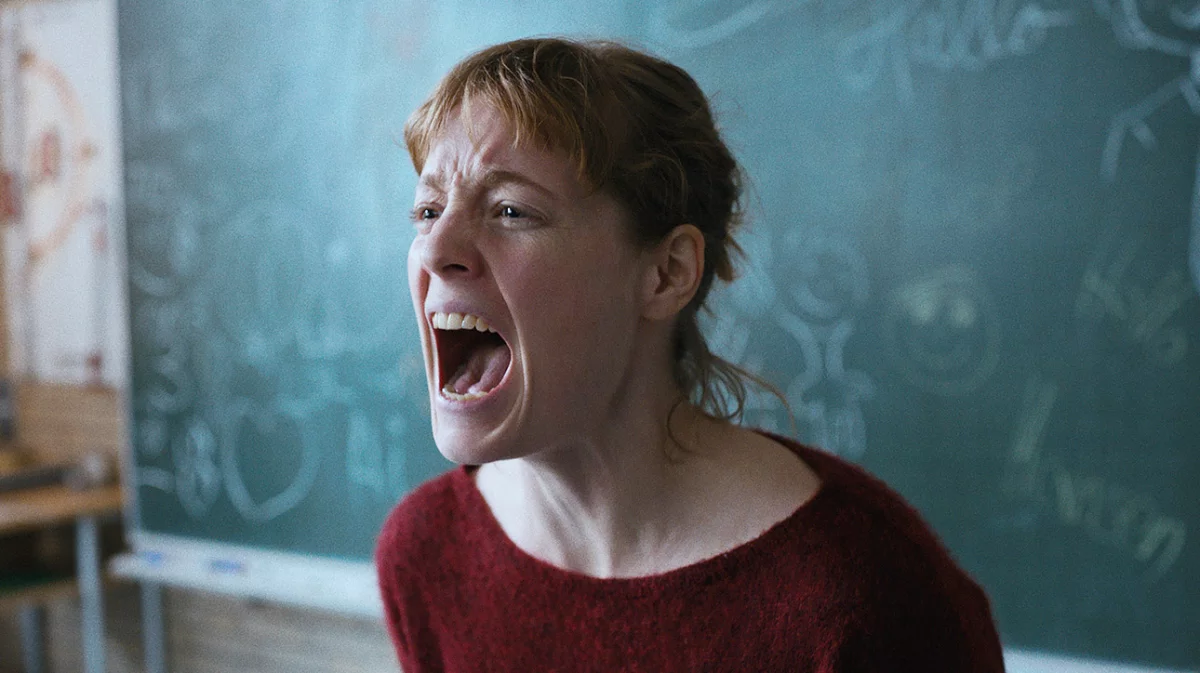
What inspired you to create the "Teachers' Lounge"?
İlker ÇatakJohannes Duncker, with whom I went to school in Istanbul and who has now also written the script, and I came up with the topic. We remembered a scene from our own school days, which is also in the film, about theft and the subsequent frisking of the pupils. Three teachers came in, asked the girls to leave and the boys were frisked. In our research, we were told that such a procedure is no longer possible today. Unless it is done on a voluntary basis. That's the perfidious thing, that the headmistress in the film says it's voluntary and if you have nothing to hide, you don't have to worry. This perfidious game of hierarchies appealed to us.
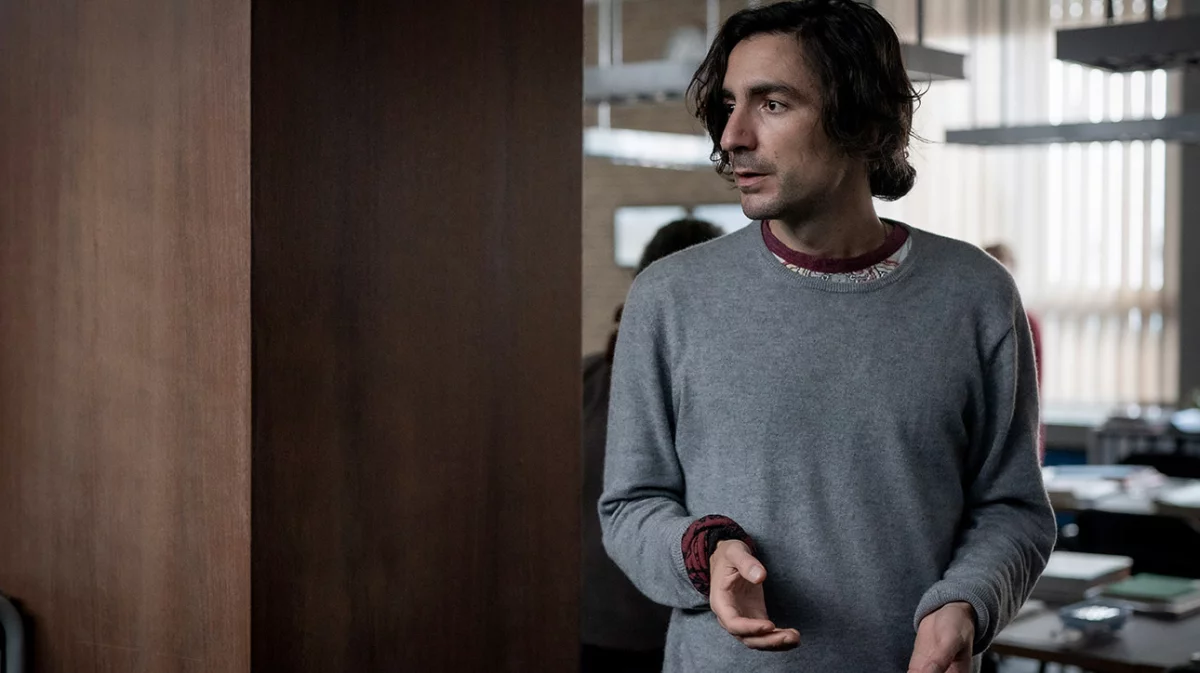
What game of hierarchies?
İlker ÇatakSchool is a great model for depicting society. You have a head of state, you have teachers with power, you have a press organisation in the form of the school newspaper, in other words a lot of elements that make up our society. And when we philosophised about how every society needs a scapegoat, the story took shape.
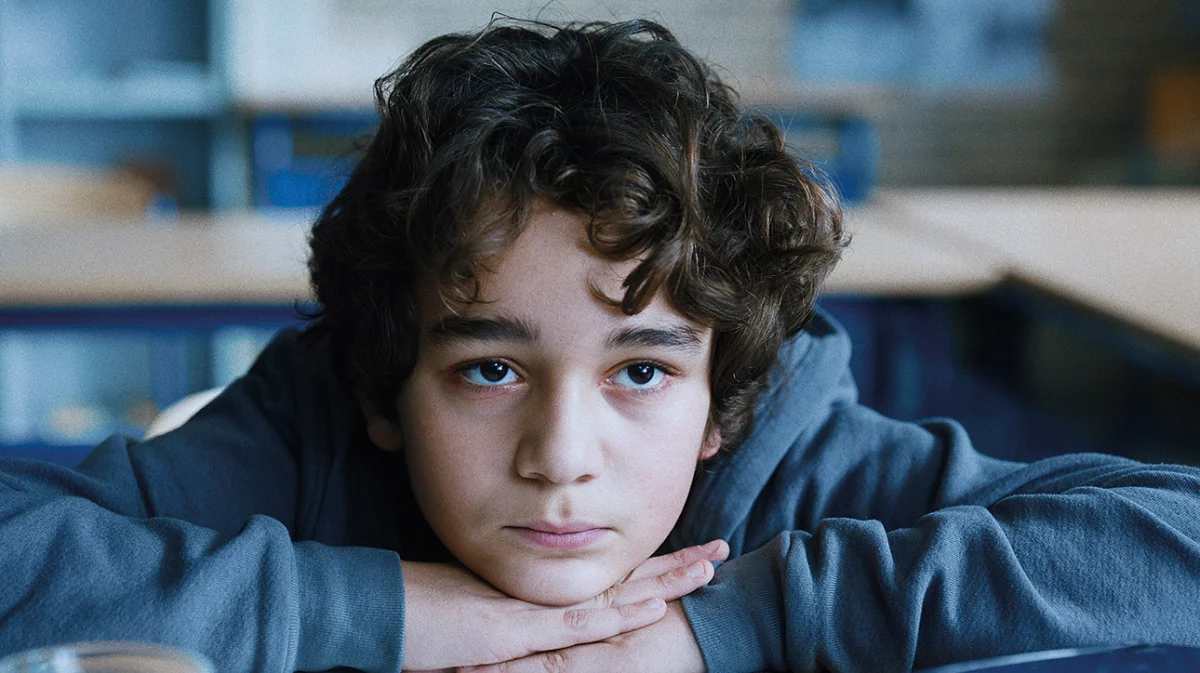
Where else is school a reflection of current developments?
İlker Çatak: At least in the school we are presenting, it is striking how everyone claims the truth for themselves. How everyone wants to be right. But also how the truth is distorted, keyword fake news, cancel culture, outraged youth.
The cast is extremely diverse. There is a girl with a headscarf and many children with a migration background. Is that also a reflection of our society?
İlker ÇatakI wanted the class to be a colourful mix. And for the girl with the headscarf, I wanted her to speak perfect German and be involved in the school newspaper as a journalist. Because otherwise you tend to see these girls in victim roles. But also characters like Ali, who is quickly accused of theft. Of course, a lot of my own search for identity as a child of Turkish parents also plays into this.
The college is predominantly white, with one exception. Why this figure?
İlker Çatak: Because it highlights one of the absurdities of the current discourse. The only person of colour, who has certainly experienced racism herself, is suddenly accused of racism. This reflects a debate that sometimes gets completely confused. That was also the idea when we wrote the book: To tell of the chaos of our times.
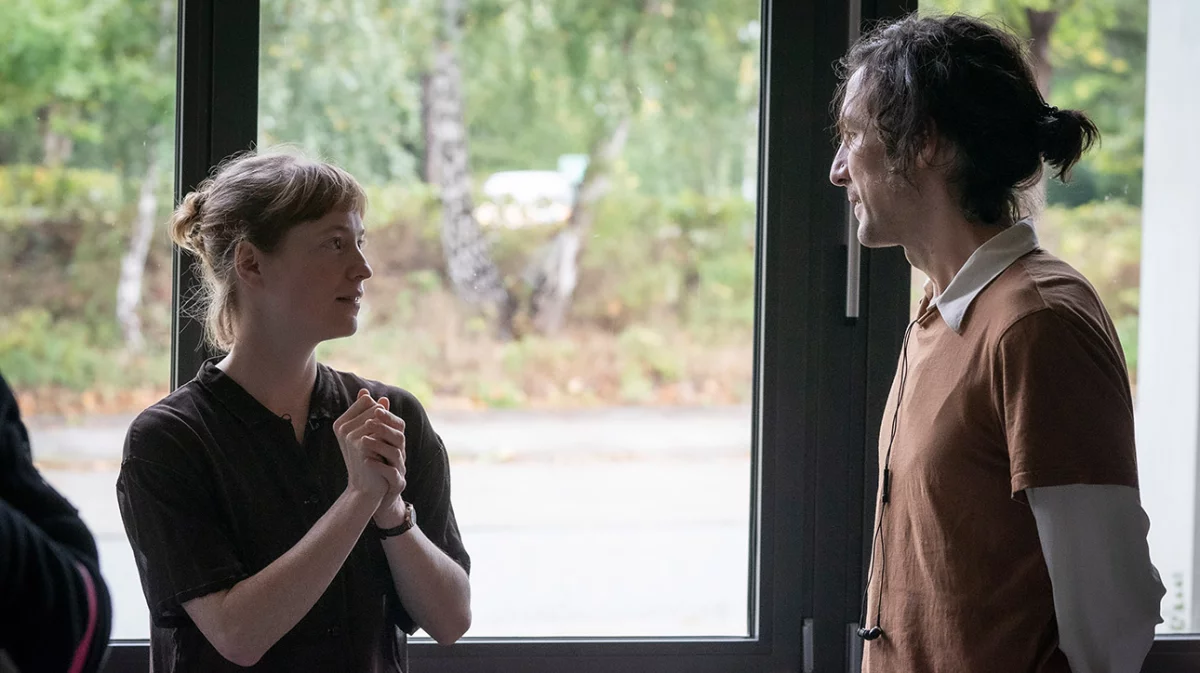
As the film progresses, it becomes increasingly difficult to decide what is right and what is wrong, who is good or bad?
İlker Çatak: That's exactly what makes a good story for me. We already have far too many stories that celebrate the good and demonise the bad. I think we need stories that are ambivalent and don't claim to be the truth.
The film focuses solely on the school, no character is seen outside or has a background story. Why?
İlker Çatak: That would just be decoration. I don't care what colour the walls in the characters' homes are, whether they have pets or how they get to work. The true character of a person is revealed in difficult moments of decision. When something is at stake. For me, that's what filmmaking is all about - taking a risk, the risk of trying something new and also the risk of failing.
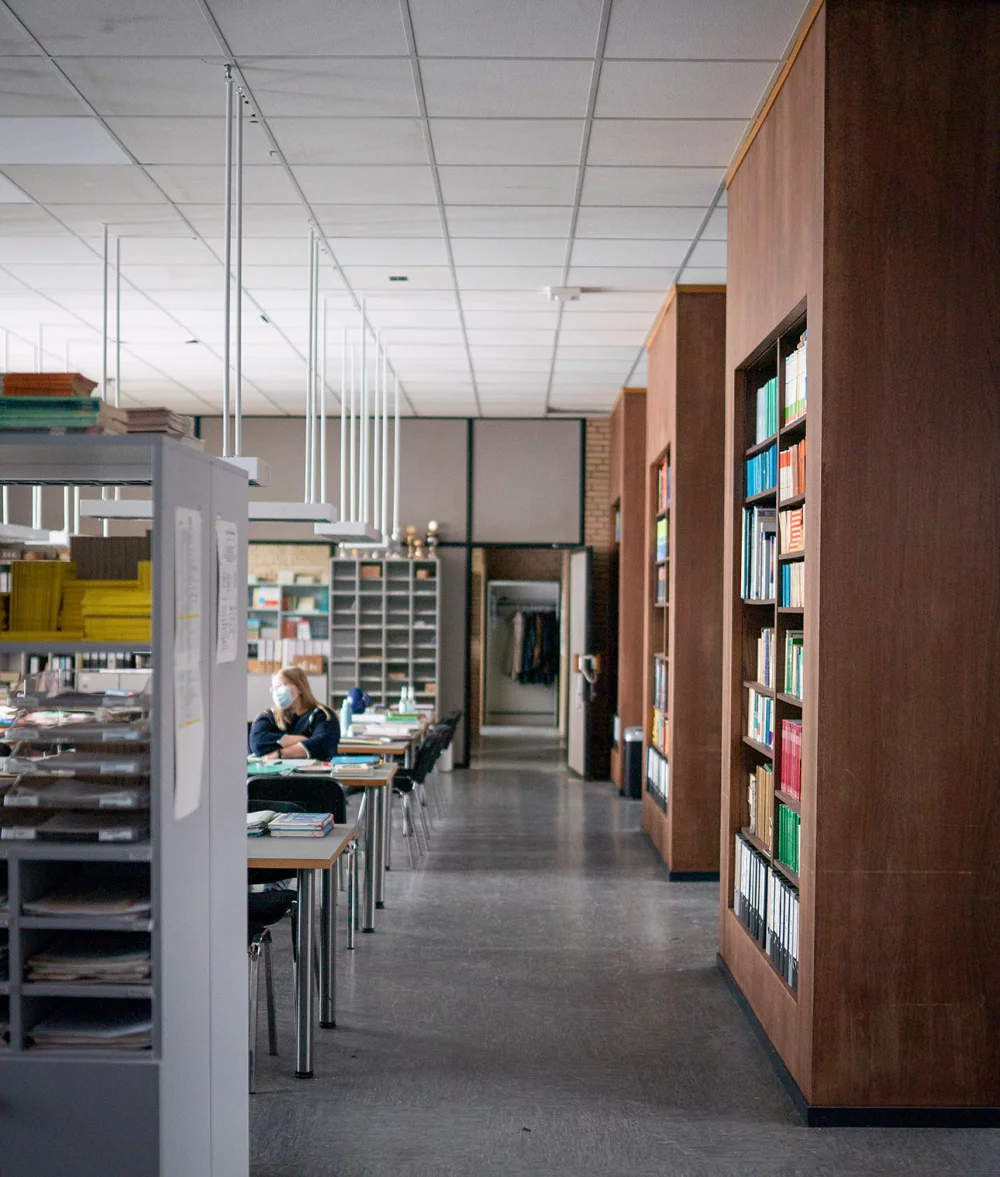
Leonie Benesch, this year's shooting star, plays the committed teacher Carla, who does everything in her power to ensure justice. How did you come across her?
İlker ÇatakI've wanted to work with Leonie ever since I first saw her in "The White Ribbon". No matter in which role, whether in "Babylon Berlin" or in TV films, she always has an extreme truthfulness in her acting.
The film was shot exclusively in Hamburg. Where exactly?
İlker Çatak: Some of the 27 days were spent at the Albert Schweizer Gymnasium in Klein Borstel, but we mainly filmed in a disused vocational school in City Nord. We brought it to life, which was great.
You completed your Master's programme at the Hamburg Media School. What makes Hamburg a film city for you?
İlker ÇatakI must have lived in Hamburg for a total of five years, because I've already shot three other films in Hamburg and then spent at least six months here each time. Hamburg is just great, so diverse in terms of locations. There are just so many different worlds here - from punk to preppy, there's everything here and it lives peacefully side by side. The people, the atmosphere, is extremely productive, perhaps because it's a commercial city. I always find that very inspiring, because this productivity was transferred to me right from the start. And then there's the similarity to Istanbul because of the water, the shipyards and the harbour. I love Hamburg.



.jpg?fit=max&w=800&h=2320&q=90&fm=webp)

